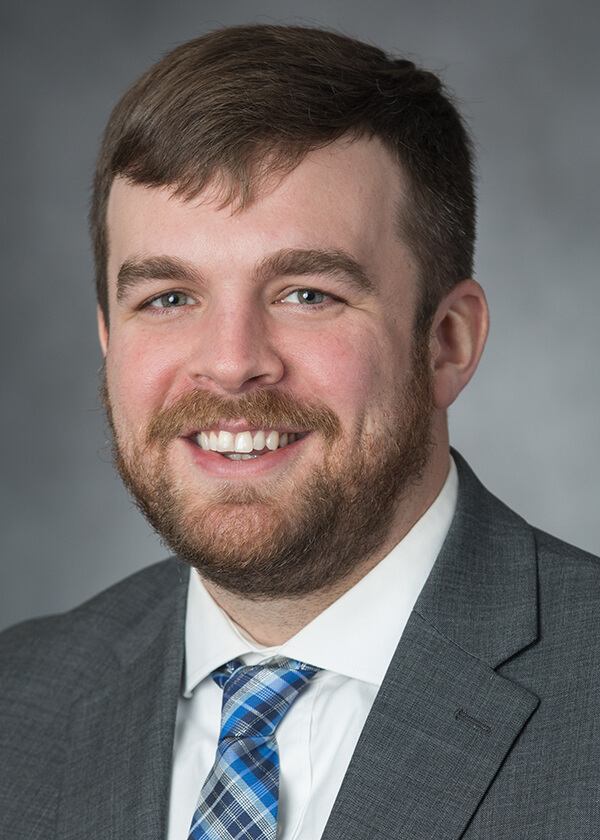Expansion of the IRS Self-Correction Program
November 19, 2019 | Authored by John F. Matte Jr. CPA

November 19, 2019 – The IRS recently issued Rev. Proc. 2019-19, which went into effect April 19, 2019. This Rev. Proc. expanded the Self-Correction Program (SCP) of the IRS Employee Plans Compliance Resolution System (EPCRS) to make it easier to fix certain plan document and operational failures which were previously disallowed from self-correction. The expansion of the SCP is applicable only to Internal Revenue Code 401(a) plans (which includes 401(k) plans and 403(b) plans). These plans must have a favorable determination letter in order to be eligible for self-correction under the program.
Rev. Proc. 2019-19 also specifically expands the SCP to certain plan loan failures:
- Self-correction is now available for tax relief on deemed distributions of loans which were in default or met specified failures in the Rev. Proc.
- Self-correction is now available for loans which were in default, but for which the participant is willing to take actions to fix the defaulted loan in order to avoid a deemed distribution.
- If spousal consent is required for loan disbursements, but was not obtained, plans can now retroactively obtain spousal consent as a form of self-correction.
- If the number of plan loans is limited by the plan document and the plan sponsor erroneously allows participants to exceed that number of loans, plans can now be retroactively amended to expand the number of loans allowed. This option is only available if the ability to exceed the previous loan limit was offered to all participants in the plan (and not, for example, expanded intentionally for one specific person).
While the Rev. Proc. 2019-19 specifically discusses plan loan failures, there are many self-corrections which are now available under the SCP as long as they are corrected within a two-year window as spelled out in the Rev. Proc. Previously, these failures were required to be corrected under the Voluntary Correction Program (VCP) of EPCRS, which required written approval from the IRS to maintain tax-exempt status without paying penalty. It should also be noted that the IRS correction program under EPCRS pertains to plan document failures, but the DOL has a separate correction program that pertains to certain prohibited transactions, which was not discussed in this article. The DOL guidance is unaffected by this Rev. Proc. It is always recommended that plan sponsors consult with legal counsel regarding any errors which require correction to ensure that they are filing with the right agency (IRS vs. DOL) and under the correct program under Rev. Proc.2019-19 (SCP vs. VCP).
This article is an excerpt from Dopkins Employee Benefits Newsletter. To read the complete content, please click here.
For more information, please contact John Matte at jmatte@dopkins.com.

About the Author
John F. Matte Jr. CPA
John serves as a leader in the Firm’s employee benefit plan audit practice, and concentrates his practice on audits on behalf of for-profit entities from a wide cross-section of industries. He also has significant experience consulting clients with respect to documentation and testing of internal controls, particularly entities subject to Sarbanes Oxley compliance.

